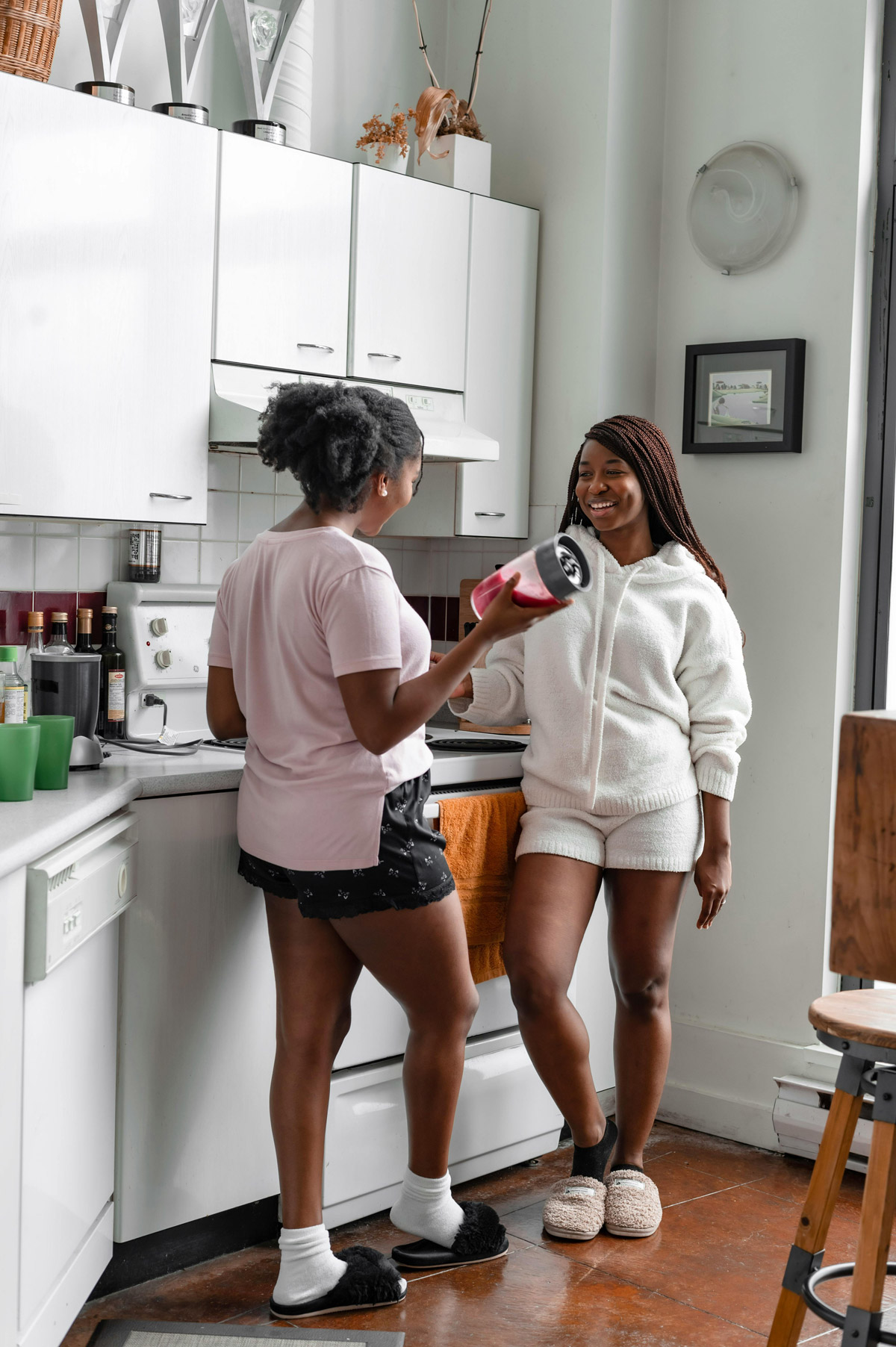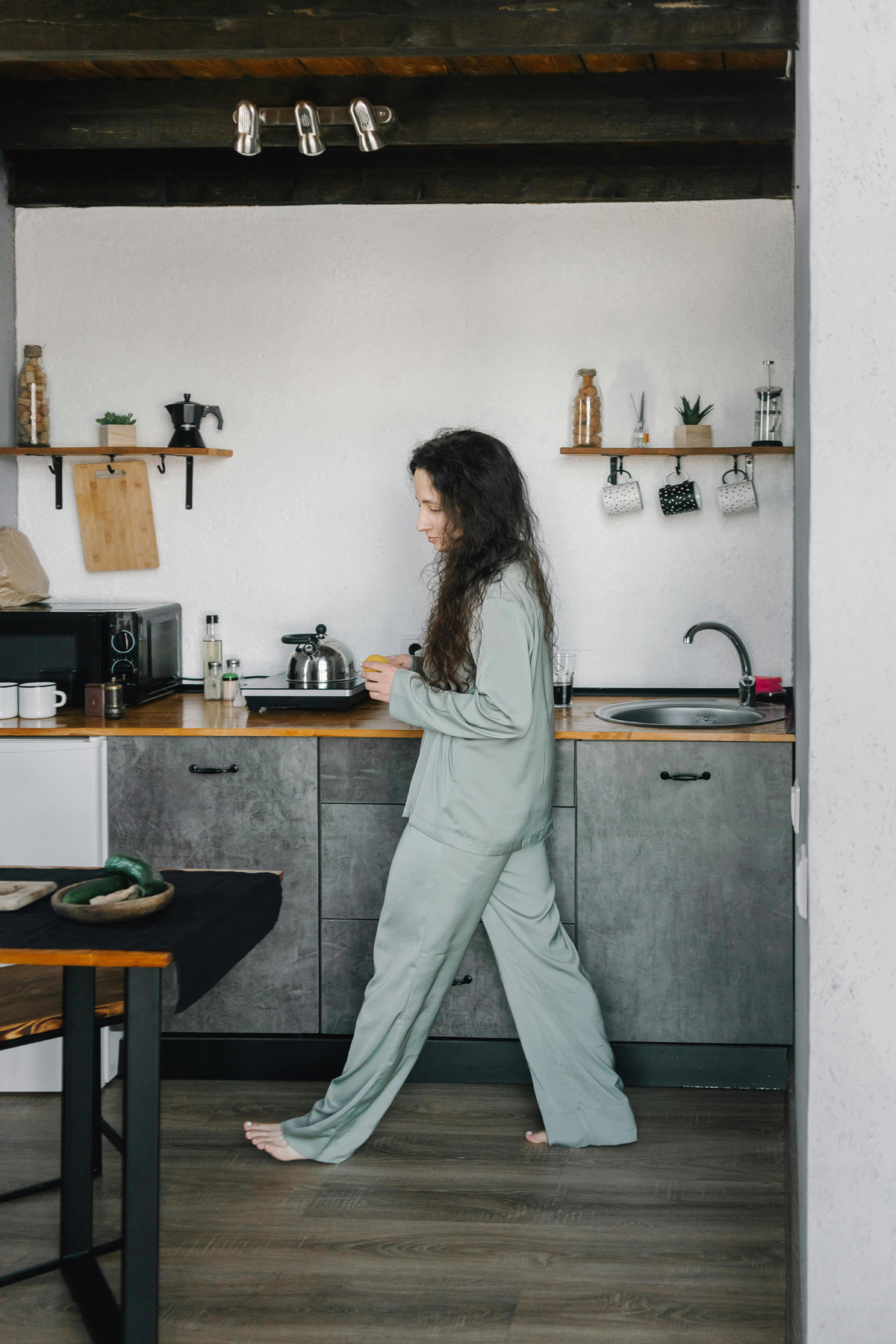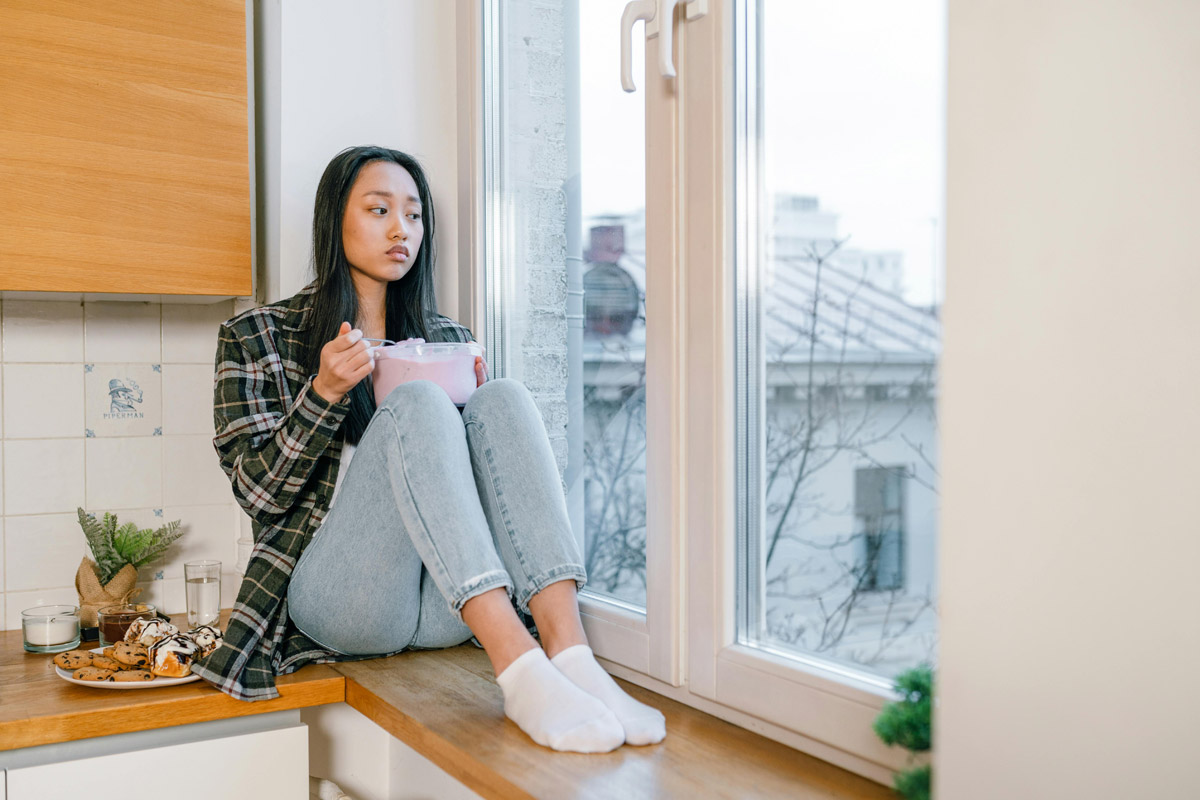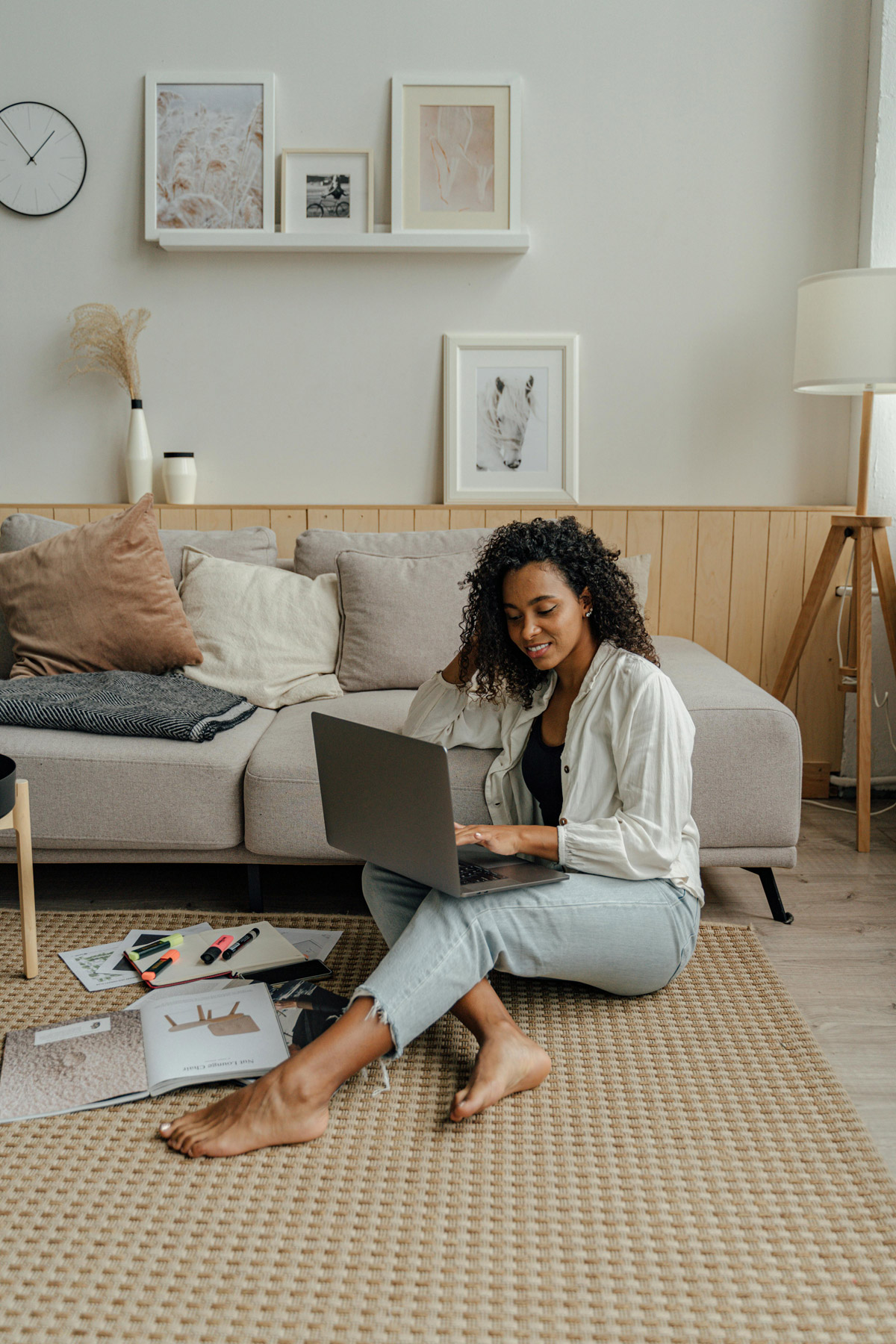ARTICLE AD

Last month we talked about the common habit in Australia of walking around barefoot. Everyone had strong opinions in the comments and I loved it! Some Aussies weighed in saying, “What’s the big deal, mate?” while other of their countrywomen were like, “How dare you, I wouldn’t be caught dead!” Elsewhere there were Americans voicing fright over Australian snakes and spiders, which was rebutted with assertions that though Aussie snakes are some of the most poisonous, many of them have poor injection mechanisms, and anyway they don’t have the type of venom that leads to limb amputation, so there! And one of the biggest counter-arguments was, “But what about Americans wearing shoes indoors?!?!” So in the name of science (and my anarchistic drive to incite heated yet friendly debate), let’s dig into that, shall we? HuffPost has helpfully consulted with doctors who were largely in favor of going barefoot indoors, over wearing socks and slippers:
A podiatrist on the pros: “I’m a big advocate for going barefoot at home,” [clinical podiatrist Dr. Robert] Conenello said. “[The practice] increases intrinsic muscular strength within the feet.” He explained that the primary benefit of walking barefoot is the reinforcement of the muscles in the feet, which tend to weaken “as we age and wear shoes.” These muscles are closely linked to our overall mobility, so their deterioration can contribute to reduced movement as we get older.
A dermatologist on the pros: Dermatologist Dr. Hannah Kopelman … also mentioned that going barefoot at home can have some unexpected benefits for the skin on your feet. “Walking barefoot at home … allows your skin to breathe, which can help prevent moisture buildup and reduce the risk of fungal infections like athlete’s foot,” she explained. … “Feeling the texture of different surfaces underfoot can be grounding and relaxing, almost like a mini reflexology session,” Kopelman said. “For those without underlying skin or foot conditions, this can be a natural way to connect with your environment and promote mindfulness.”
Barefoot living requires clean floors: One potential downside of walking barefoot indoors is the increased exposure to irritants or allergens on the floor, such as dust, pet dander or cleaning chemicals, as Kopelman pointed out. For individuals with sensitive skin or chronic conditions like contact dermatitis or eczema, this could be a significant concern. While Conenello acknowledges similar risks — such as stepping on pathogens like fungi in moist environments — he is quick to emphasize that “proper hygiene can help mitigate these risks… Wash your feet frequently, dry them thoroughly and moisturize,” he advised.
Accidents can happen: Other painful risks associated with going barefoot include the potential for slipping on slick or wet surfaces, or stepping on something hard and sharp that could cause injury. As anyone who has ever stubbed a toe or accidentally stepped on a Lego can attest, such incidents can be excruciating. Kopelman points out that individuals with diabetes or poor circulation are more vulnerable to severe consequences, as “even a minor foot injury can lead to serious health issues.”
There is a risk of muscle & joint issues: Kopelman also noted that, while walking barefoot can help strengthen muscles, the repeated practice of doing so on hard surfaces could potentially lead to foot fatigue or plantar fasciitis, a condition where the tissue connecting the heel bone to the toes becomes inflamed. “Over time, the lack of cushioning can put stress on the joints, especially in those who already have foot or joint issues,” she explained.
What about socks? According to Conenello, “there is nothing wrong with wearing socks.” They’ll simply decrease the benefits associated with being barefoot. “There is now a filter between the ground and the foot,” he said. Kopelman added that socks can offer “minimal protection from minor abrasions or allergens while still allowing your feet to feel relatively free.” Direct contact with surfaces that may harbor bacteria or irritants is also minimized when wearing socks.
As an adult in my own home, I’ve always taken my shoes off at the door and changed into house slippers that never leave the confines of the apartment. But I don’t wear the slippers when lying in repose sitting on my sofa. And sometimes I do pop up and move around barefoot, but in my head I always think, “Drat, I should’ve put my slippers on!” So maybe I should just let that voice go? And yes, staying on top of personal and environmental hygiene is the foundation for good health. As for socks, I’m usually too hot to bother with them — the sandal-free Northeastern winter months are a real struggle! But in a strange twist of fate, this holiday season I was gifted no fewer than four pairs of fuzzy socks. One pair is even meant to be worn instead of slippers, with grips on the bottom. Getting one pair of socks as a gift was, well, disappointing. Two was kind of funny, in an ironic way. But with four I have to wonder if the universe is trying to tell me something…
In any event, let the discourse commence!
Photos credit: Antoni Shkraba, Mikhail Nilov, PNW Production, Alena Darmel on Pexels

 9 hours ago
8
9 hours ago
8 




